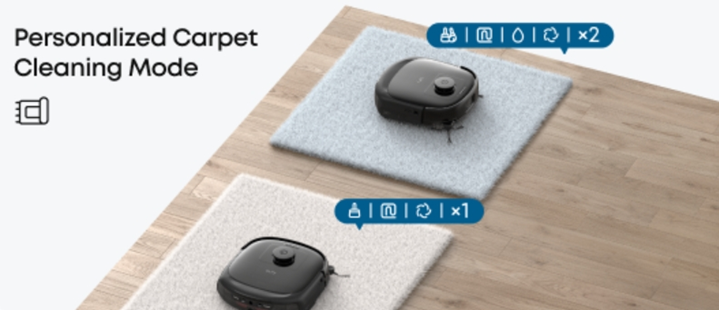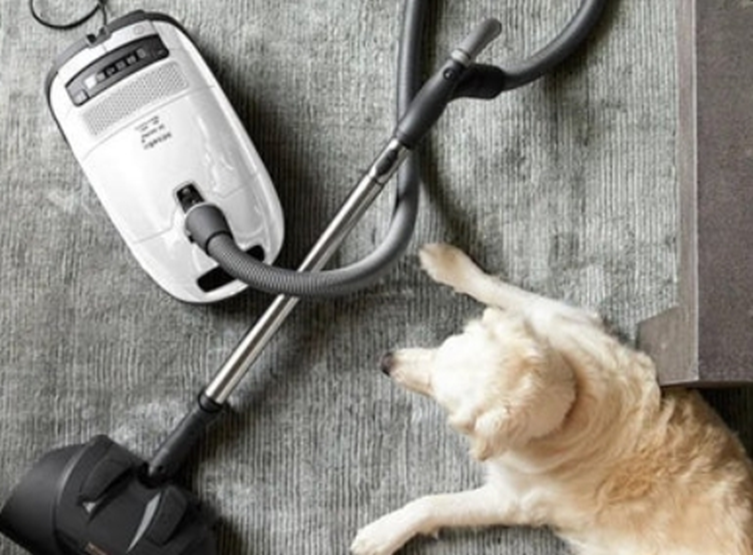Nothing defeats the purpose of cleaning quite like a carpet that smells worse afterward. Many homeowners experience this baffling phenomenon where their freshly cleaned carpets develop musty, sour, or even sewage-like odors within hours or days. This occurs when cleaning processes unintentionally activate hidden contaminants rather than removing them. The smells often indicate deeper issues that standard cleaning can’t address. In this article, we’ll uncover the science behind these unpleasant surprises and provide practical solutions to achieve truly fresh-smelling carpets.

The #1 Culprit: Over-Wetting the Carpet
The most common cause of post-cleaning odors is excessive moisture trapped in carpet fibers and padding. When carpets stay damp for more than 24 hours, they create ideal conditions for mold and mildew growth. These microorganisms produce volatile organic compounds (VOCs) that create that characteristic musty smell. Over-wetting also causes dormant bacteria in the carpet to reactivate and multiply rapidly. The problem worsens in humid climates or poorly ventilated rooms where evaporation slows down. Using too much cleaning solution compounds the issue by leaving behind sticky residues that trap moisture and odor molecules. Professional cleaners avoid this by carefully controlling water volume and using powerful extraction systems that remove up to 95% of moisture immediately.
Residue Buildup From Cheap Cleaners
Low-quality cleaning solutions often contain fillers and thickeners that don’t fully rinse out of carpets. As these residues dry, they become sticky traps for new dirt and odor molecules. Some cheaper products actually mask odors temporarily with strong fragrances that fade to reveal worse smells underneath. The residue itself can break down over time, producing unpleasant chemical odors as it decomposes. This explains why some carpets smell fine immediately after cleaning but develop strange odors days later. High-quality professional cleaners use pH-balanced solutions designed to completely rinse away without leaving behind these problematic residues. They also avoid fragranced products that merely cover up rather than eliminate odor sources.
Deep Down Contaminants Rising Up
Old Spills Reactivated by Moisture
Liquid spills that weren’t properly cleaned when fresh often leave invisible residues deep in carpet padding. Coffee, milk, soda, and food spills contain organic compounds that bacteria continue breaking down over time. When cleaning introduces moisture, these dried residues rehydrate and release concentrated odors. The cleaning process essentially “wakes up” smells that were dormant in dried form. This explains why some carpets develop specific odors like sour milk or rotten fruit after cleaning. Professional cleaners prevent this by using pretreatment sprays that break down old residues before extraction and ensuring complete drying within 12 hours.
Pet Urine Crystals Rehydrating
Pet urine presents unique challenges because it crystallizes as it dries, locking odor compounds into the carpet fibers and padding. When cleaning solutions rewet these crystals, they release concentrated ammonia and mercaptans – the same compounds found in skunk spray. Standard cleaning often spreads the urine deeper rather than removing it. Enzymatic cleaners specifically designed for pet urine break down the uric acid crystals at a molecular level before extraction. This explains why regular shampooing makes pet odors worse while specialized treatments eliminate them permanently. The odor typically returns within days as remaining crystals continue to rehydrate from ambient humidity.

Equipment & Technique Failures
Dirty Cleaning Machines Transferring Odors
Carpet cleaning equipment that isn’t properly sanitized between uses can actually transfer odors from previous jobs. Bacteria and mold thrive in the tanks and hoses of poorly maintained machines. These microorganisms then inoculate your carpet during cleaning, creating new odor problems. Home rental machines are particularly prone to this issue since they’re used on countless unknown carpets between cleanings. Professional cleaners prevent this by flushing and sanitizing their equipment after every job. Some even use antimicrobial cleaning solutions that kill odor-causing bacteria during the cleaning process itself.
Material-Specific Odor Traps
Certain carpet materials and constructions are more prone to odor retention. Nylon carpets tend to absorb and hold odors more than polyester or olefin fibers. High-pile carpets trap more contaminants deep in their fibers than low-pile varieties. Carpets with thick padding provide more places for liquids to soak in and odors to develop. Older carpets that have absorbed years of spills and soils often can’t be completely deodorized because the materials themselves have become saturated with odor molecules. In these cases, professional cleaners may recommend odor-sealing treatments or, in severe cases, replacement may be the only real solution.
How to Fix and Prevent Post-Cleaning Odors?
The solution starts with proper diagnosis – identifying whether you’re dealing with moisture issues, old spills, pet urine, or equipment problems. For moisture odors, increase airflow with fans and dehumidifiers immediately after cleaning. For old spills, pretreat with enzymatic cleaners before extraction. For pet urine, use specialized uric acid remover products. Always choose professional-grade equipment with strong extraction power. Consider antimicrobial treatments for chronic odor problems. In severe cases, replacing the padding while saving the carpet may be cost-effective. Prevent future issues by cleaning spills immediately, using walk-off mats, and scheduling regular professional cleanings before odors develop.
Conclusion
Persistent carpet odors after cleaning indicate underlying issues that require targeted solutions rather than more frequent cleaning. The key is proper moisture control, complete contaminant removal, and addressing the specific source of odors. While DIY deep clean carpet attempts often worsen the problem, professional methods combined with proper maintenance can restore freshness. Advanced cleaning tools can be particularly effective for ongoing odor prevention between professional treatments. When carpets repeatedly develop odors despite proper cleaning, replacement may be more economical than repeated treatments. Remember that truly clean carpets should smell like nothing at all – any persistent odor signals unfinished cleaning business.